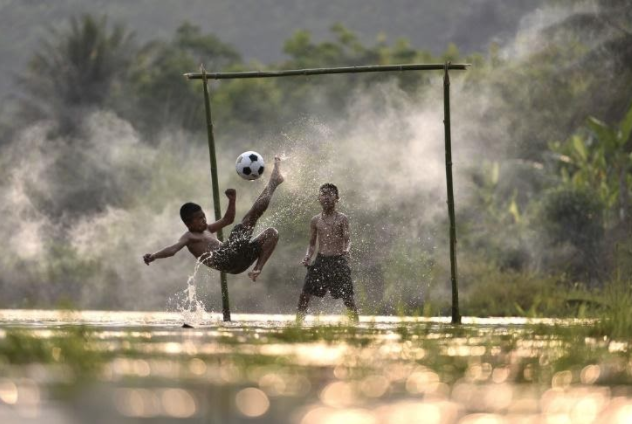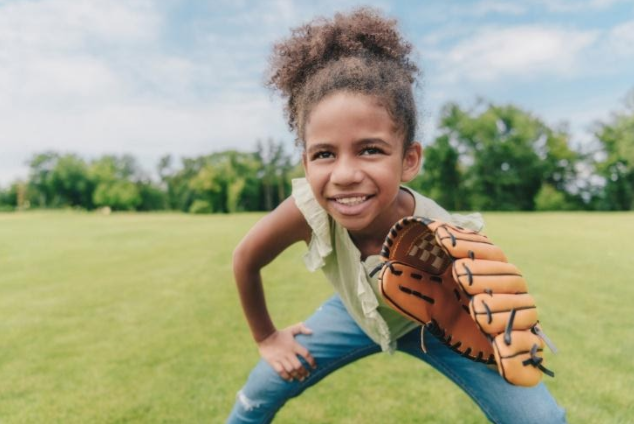Sports Protects the Mental Health of Kids with ACEs, New Study Says
Whether it’s pick-up basketball or street soccer in a dusty alley, sports have offered kids a way to play and have fun --even when the deck is stacked against them.
Now a new study suggests sports may be one of the best ways – in fact, the best way -- to protect the mental health of children who experience trauma.
The study, from Public Health Wales and Bangor University, found that kids who had experienced abuse, neglect or other Adverse Childhood Experiences (ACEs) were significantly less likely to develop mental illness as adults.
“Of childhood activities measured, only regular participation in sports showed a protective effect against mental illness,” the researchers reported.
This is particularly important because previous studies – as well as this one -- have found ACEs increases the risk of mental illness. The Bangor study found that kids with four or more ACEs were four times more likely to be treated for mental illness and 10 times more likely to have hurt themselves intentionally or considered suicide.
But among participants who played sports as children, the adjusted percentage of those reporting mental illness fell from 25% to 19%.
And there was a protective effect on mental health even among study participants who played sports as adults.
This study adds to the better-known benefits of sports for kids, which can include being part of a close-knit team, getting lots of healthy exercise, and building strength and self-confidence.
Tips for parents: What you can do
Coaches, psychologists and other experts have some advice:
Play outside with your child. Pediatricians say most preschoolers are too young to enroll in organized sports like soccer. If they play tag or hide and seek or run around the playground, they’ll build up their confidence and skills while having fun.
Teach your child how to love a sport. When your child does enroll in sports, make sure that he or she enjoys it. Keep things low-key at home: If your child wants to toss a ball, fine, but don’t turn it into a power struggle.
Keep it fun. Competition is fine, but don’t put all the emphasis on winning. (See our related story for more tips,)
Look for a league has a code of conduct to encourage good behavior by kids, coaches, and fans. Megan Bartlett, MA, a former soccer player and coach who founded the trauma-sensitive organization We Coach, says, recommends finding a coach “who can look at sports through an ACEs lens.”
Let your child “drive.” Sports is a great arena to develop autonomy. Rather than advising or criticizing, ask open-ended questions about a game (“What part did you like the most? Is there anything you’d do differently next time?).
Model good sportsmanship. Don’t be that parent who boos or heckles coaches and players. You might even want to cheer a good play by the other side once in a while.
Let coaches do the coaching. If you have an issue with something, talk with the coach in private (or send a polite email).
Get counseling if necessary. If you find yourself getting enraged or losing control during your child’s games, you may have some ACEs of your own to contend with. Consider getting some help from a professional.


